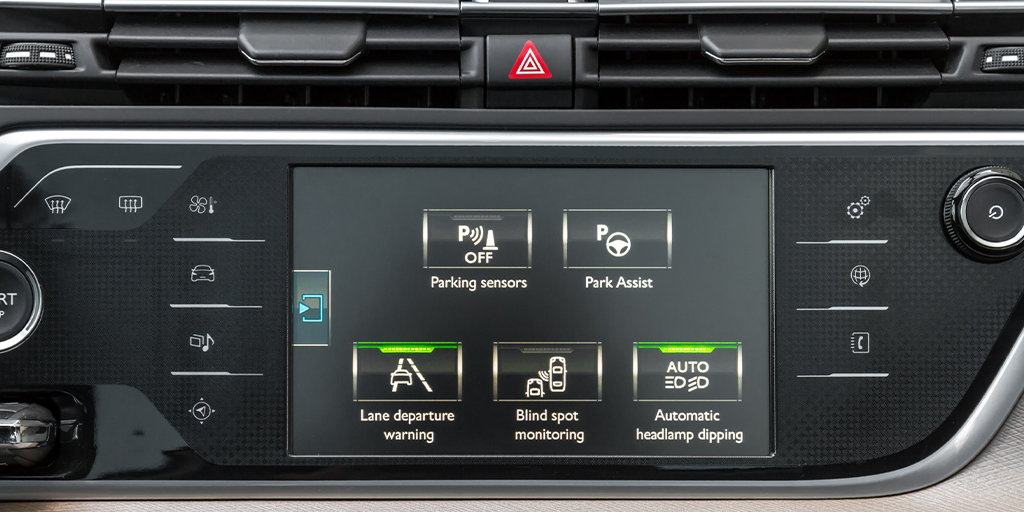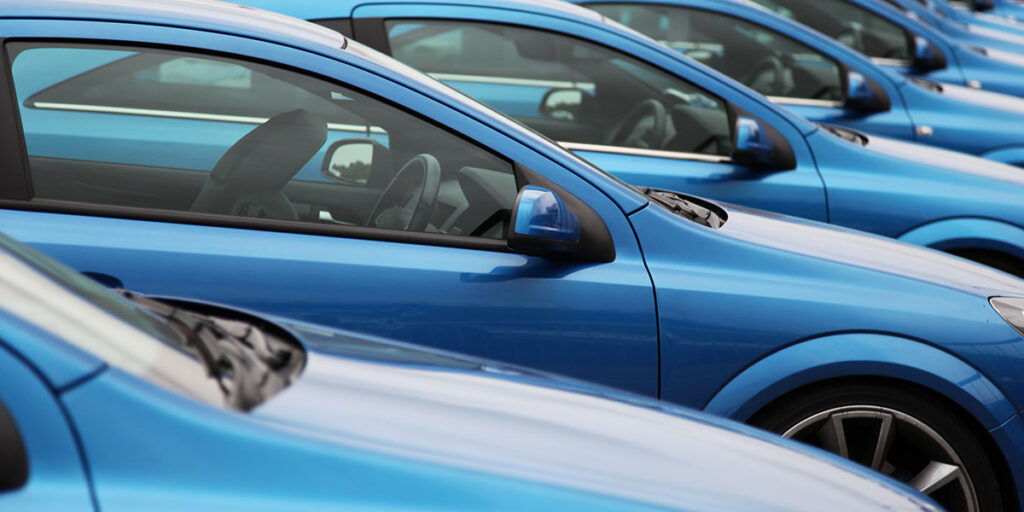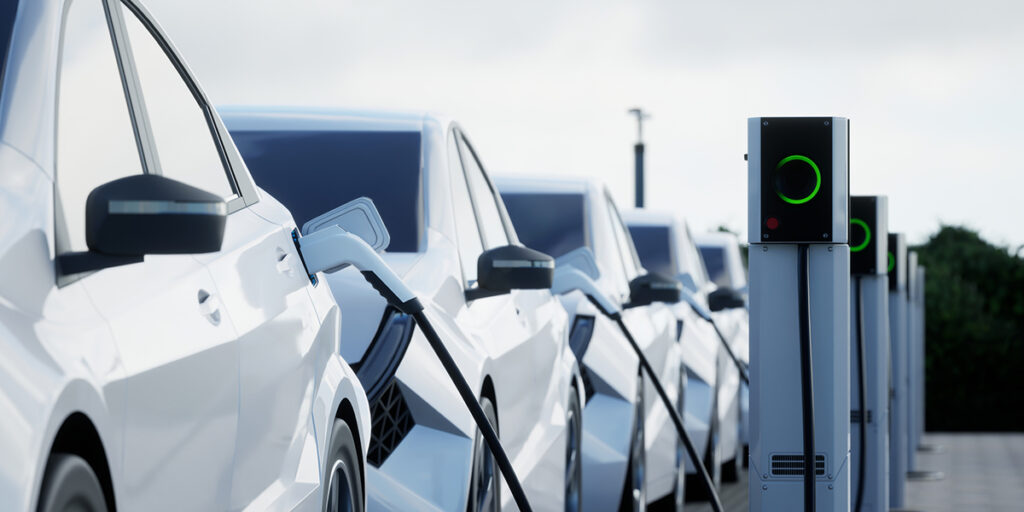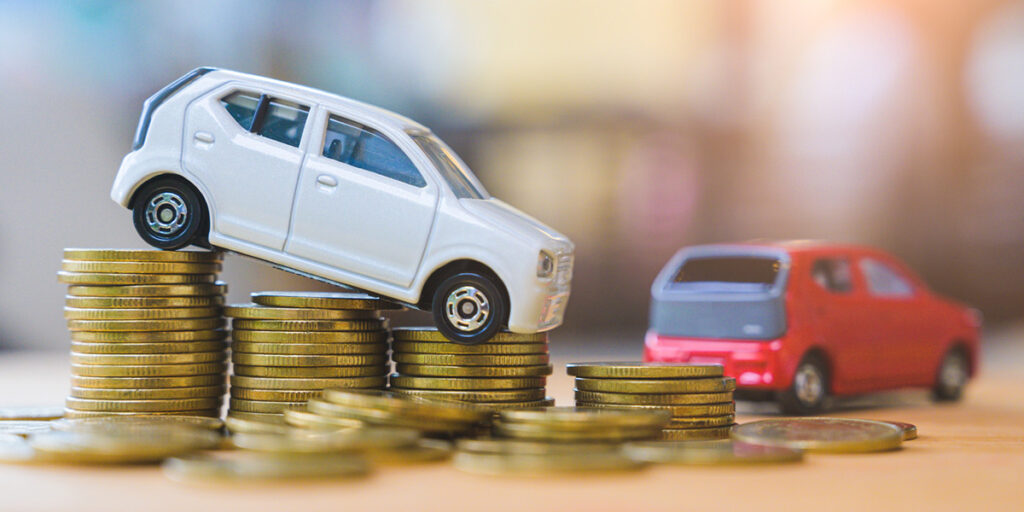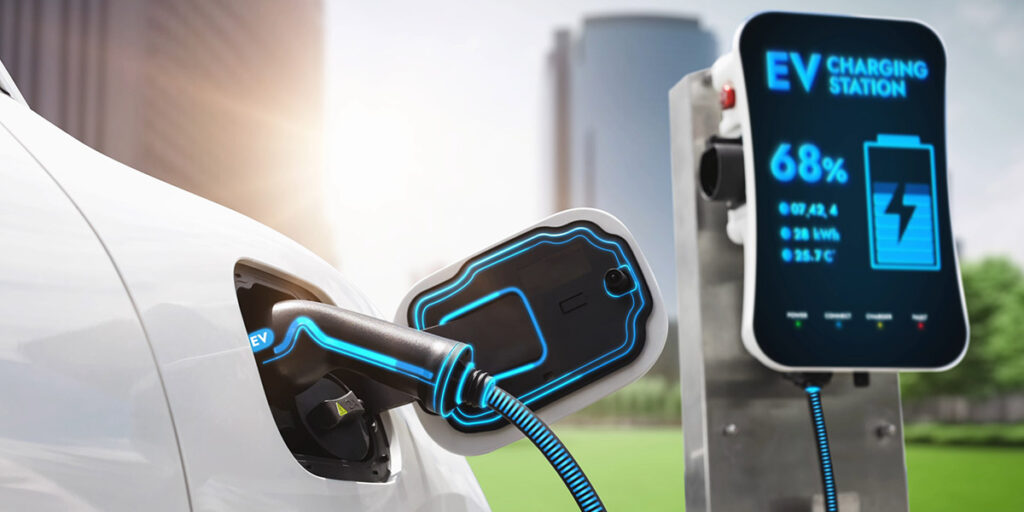It may not happen this year, but the trajectory for diesel sales is very clearly laid out in a report by automotive remarketing experts Cox Automotive assessing the fuel forecast for 2024 -2027, and petrol cars are following the same trajectory, or as the report puts it;
“Quite simply, diesel variants are currently drawing their last breath, while petrol is having a last hurrah before its inevitable extermination as a mainstream fuel choice.”
Driven primarily on the supply side by regulation, electric vehicles, mainly Battery Electric Vehicles (BEVs), are taking an increasing share of the new car market. This year, manufacturers must ensure that at least 22% of all their new cars sold are BEVs, and this percentage will keep increasing. In three years, it will mean that in the 0-4 age category, BEVs will make up a significant percentage of the used stock available.
The demand for 0-4 diesel and petrol cars may be high in the short term, but the supply is already decreasing. The inevitable impact will be increasing prices, while the opposite is likely to occur for BEVs. Price parity between BEVs and petrol/diesel is already starting to emerge. The position favours a shift by consumers to BEVs, which will be good for the environment. It may also be good for people’s wallets as petrol and diesel costs are rising and electricity prices are set to fall in April.
Much of the increase in BEV sales will depend on consumer confidence. In this respect, the Motor Ombudsman’s latest report on EV disputes brought by consumers (Q4 2023) is very persuasive.
“Overall EV complaints recorded during 2023 remain few in number and represent 0.4% of all new EV registrations in the UK, thereby illustrating a positive purchase and ownership experience for today’s EV adopters.”
Here is how complaints were broken down:
- Customer service and purchase issues (29%)
- Chassis and motor issues (17%)
- Electrical and software problems (16%)
- Interior and cabin systems issues (11%)
- Exterior issues (8%)
- Charging issues (8%)
- Battery issues (6%)
- Range issues (5%)
In short, very few complaints and what many people might think would be the most significant areas of concern occupied the bottom three places.
If BEV costs do fall, if people realise that charging/range/battery concerns are not as great as feared, if reliability is better than for a petrol/diesel car, and if running costs are lower—all of which we see now or on the horizon—then the shift to BEVs and away from diesel or petrol, driven today largely by regulation, could well become customer-driven.


